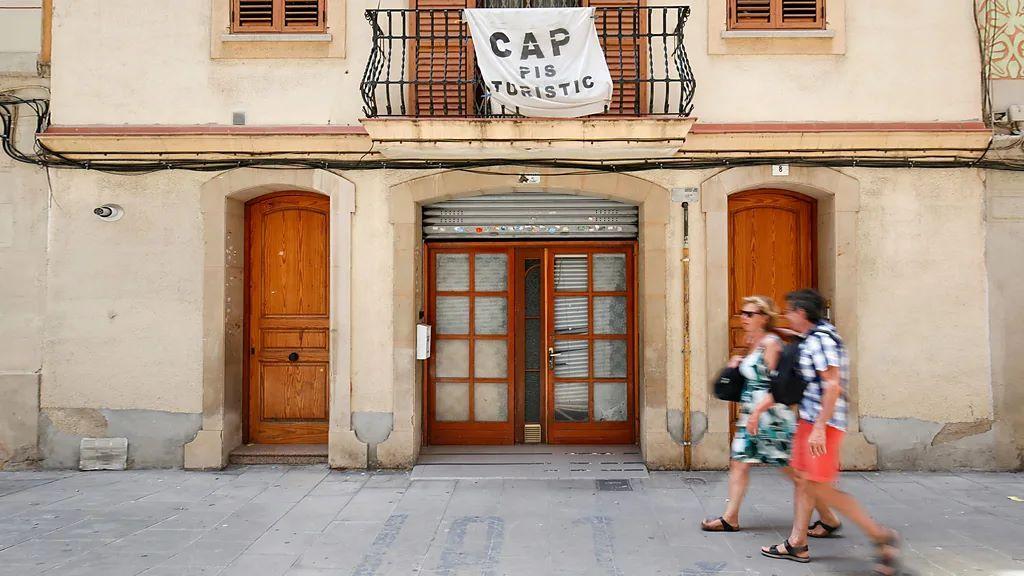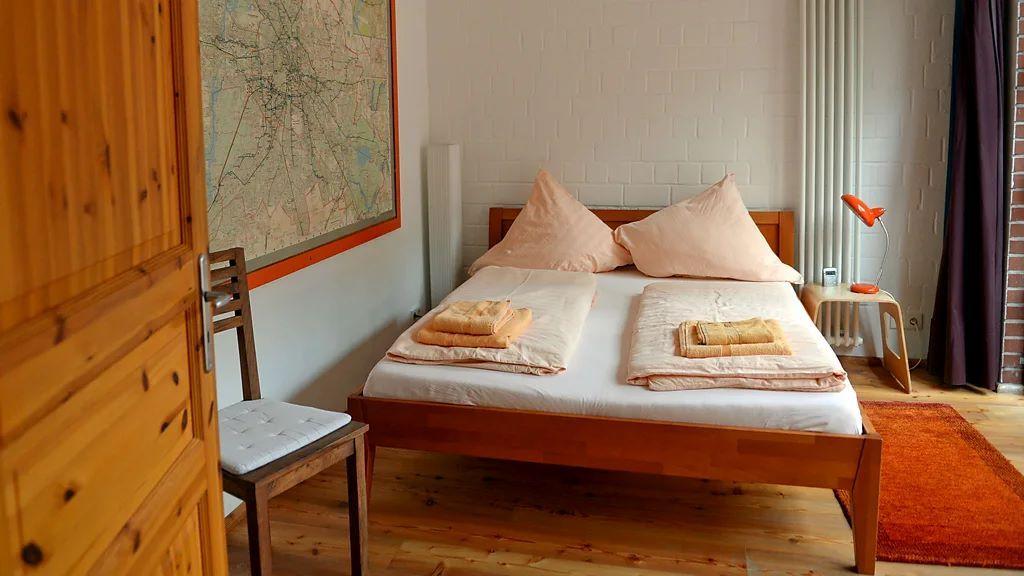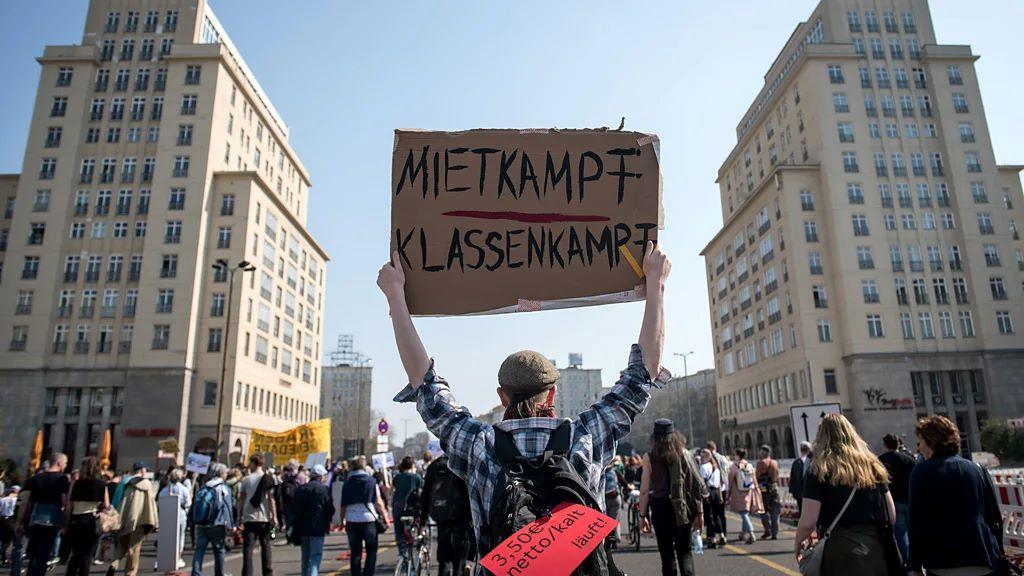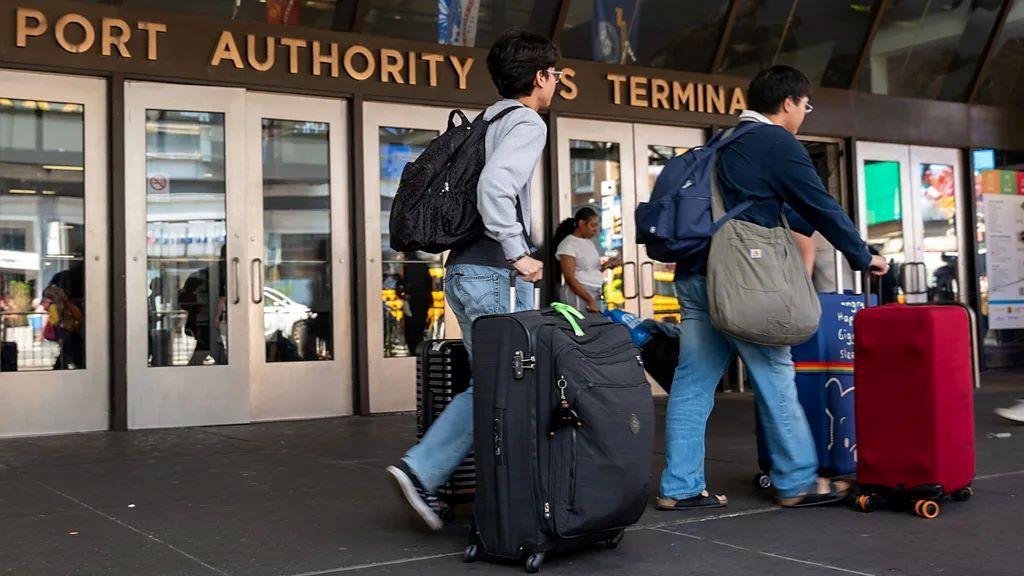How will the world without Airbnb – BBC News look like in Serbian

Barcelona Mayor Juaama Kolboni revealed 21. June 2024. Plans to ban short-term rentals of accommodation In the city starting in November 2028. years.
This decision should resolve what Kolboni described as « the biggest problem of Barcelona » – a housing crisis because of the inhabitants and workers are squeezed from the market.
The intention is to return 10,000 apartments on the real estate market, currently kept as short-term rentals of accommodation on Airbnb and other platforms.
Barcelona is not the only city that strictly regulates – or even forbids – specifically short-term rentals of accommodation.
It became illegal Since September 2023. rent an apartment short-term in New York if you are not registered in the city and present in the apartment, while someone in it is staying in it to mitigate the crisis in the real estate market.
Berlin has banned Airbnb and short-term rentals of accommodation in 2014. years, returning them under Strict constraints 2018 years.
In many California coastal cities, among them and in Santa Monica, short-term rentals are either prohibited or strictly limited.
It is all part of the wider story: In the entire world, Airbnb, which dominates the market of short-term renting accommodation with more than 50 percent of all online bookingand others, among which are Vrbo, Booking.com and Expedia.com, are criticized for targets while asking questions at the same time For Whom Tourismand where the boundary lies between equal use for tourists and locals.
Since its founding in 2007. year, Airbnb was a large revolutionary in the travel industry, offering flexible accommodation for rent in cities around the world with the promise of « life as locals » to which hotels unable to parse.
In recent years, there has been up to sharp reaction On this brand, which is blamed for jumping real estate and influence on the locals that believe they are forced to live the end of unregulated hotels.
But what do we get and what do we lose without the short-term rental of travel accommodation?

« Short-term accommodation rental gives you the opportunity to stay at a location that is a little more authentic, » says Lusa Perin, editor for travelogues and specialists for hotels in Times.
« It is usually less sterile, and more local experience and prices are obviously more accessible. It usually works for families, groups and passengers as a safe, who know what will get exactly, usually staying in hotels. »
It seems obvious that the shutdown of short-term renting accommodation from the tourist market lead to greater price for tourists.
« I would surprise when the hotels would not take advantage of this situation, » she added.
For Kejtlin Ramsdale, from a platform for family trips Kid & Coethere is only one obvious loser: family.
« You have many groups that hotels like the only options just don’t do business, » she says.
« Although the hotel industry has done much to become accessible for families, the look of the rooms and prices are not functioning for most families (especially for those with two or more children) that want to travel for a short vacation in large cities.
« There must be a way to balance cities goals and to meet these passengers at the same time – it is a huge loss for parents who want to meet children with the world. »
The question is: Does the prohibition or limitation of short-term renting accommodation actually reduces the prices of apartments or influences the contingent of available real estate at all?
Study Harvard Business Rivjua The influence of the New York ban, published in early last year, that in this case, short-term rentals are not those who most contribute to high rents and to regulate, rather than prohibit, brought more to the city and locals.
One obvious city ban result is that the prices of the hotel rooms jumped into a record, on average, $ 300 per night.

Then why are the tourist and city authorities still work?
Perhaps it is the real reason that this is not only about the figures, but about the relationship of local people towards tourism.
Spain is in the epicenter European Crises of Excessive Tourismwith locals who oppose loudly what they perceive as a tourism industry, of which they have no use, in destinations such as Malaga, Mallorca and Canary Islandsjust like Barcelona itself.
In many ways it acts as an echo discussion on the « second home » which decades wild in places like Cornwol.
In intensive tourist destinations, where the locals are routinely disappeared, forcing them to live in caravans, acting extremely unfairly to rent for rent during the holidays, which are not used for a good time, when local locals could have major benefits of them.
It is not the only problem that causes the crisis of real estate – the use of salaries, especially for workers in the public sector, and limited housing programs – but is probably the most visible.
In British Colombia, in Canada, Prime Minister David Ebi caught up with the situation as he explained New rules of short-term rentation of accommodation.
« If you renovate, so you’re selling home to betray them in the short term, if you buy houses, we are consistent, publicly and sending you a message with families and individuals who are looking for a place for your investment money. »
Successful on paper or not, these bans send signal to locals that politicians listen to their complaints and that they are more important to them from tourists.
There is, however, an alternative to direct bans.
Many destinations, among them Berlinlimit the occupants to a maximum period of 90 days of rent during the year.
Thus they allow them to continue earning additional income, but at the same time prevent them from picking up the contingent of real estate and turn them into permanent short-term rentals for rent.
Problem for all countries moving in this direction, including the UK, which suggests something similaris in regulations.
How to do it and how additionally it costs to do that?

It acts, however that these news is very bad for travelers.
When in question, restrictions on short-term renting accommodation, hotels and guesthouses look like the main winners in the story, where the offer exceeds demand, and can charge at the prices that occur without much competition.
But Perin on the basis of experience can see also the advantages.
« I think the ban on short-term rentals of accommodation will turn trips into cities like Barcelona in something more authentic, » she says.
« When the locals are squeezed from the city center, there can be atmosphere and culture. This will offer a better experience. »
« It will also make travelers to be more inventive about the parts of the cities where they can travel from place to place. In the long run, it will offer a richer experience for tourists and fewer animals among the locals, which is when everything is taken away and takes a good thing. »
The BBC in Serbian is from now on and on the morning, follow us Here.
Follow us on Facebook, Twitter, Instagram and Vajiberu. If you have a topic suggestion for us please contact (Email Protected)








/s3/static.nrc.nl/images/gn4/data133355903-5bc084.jpg)